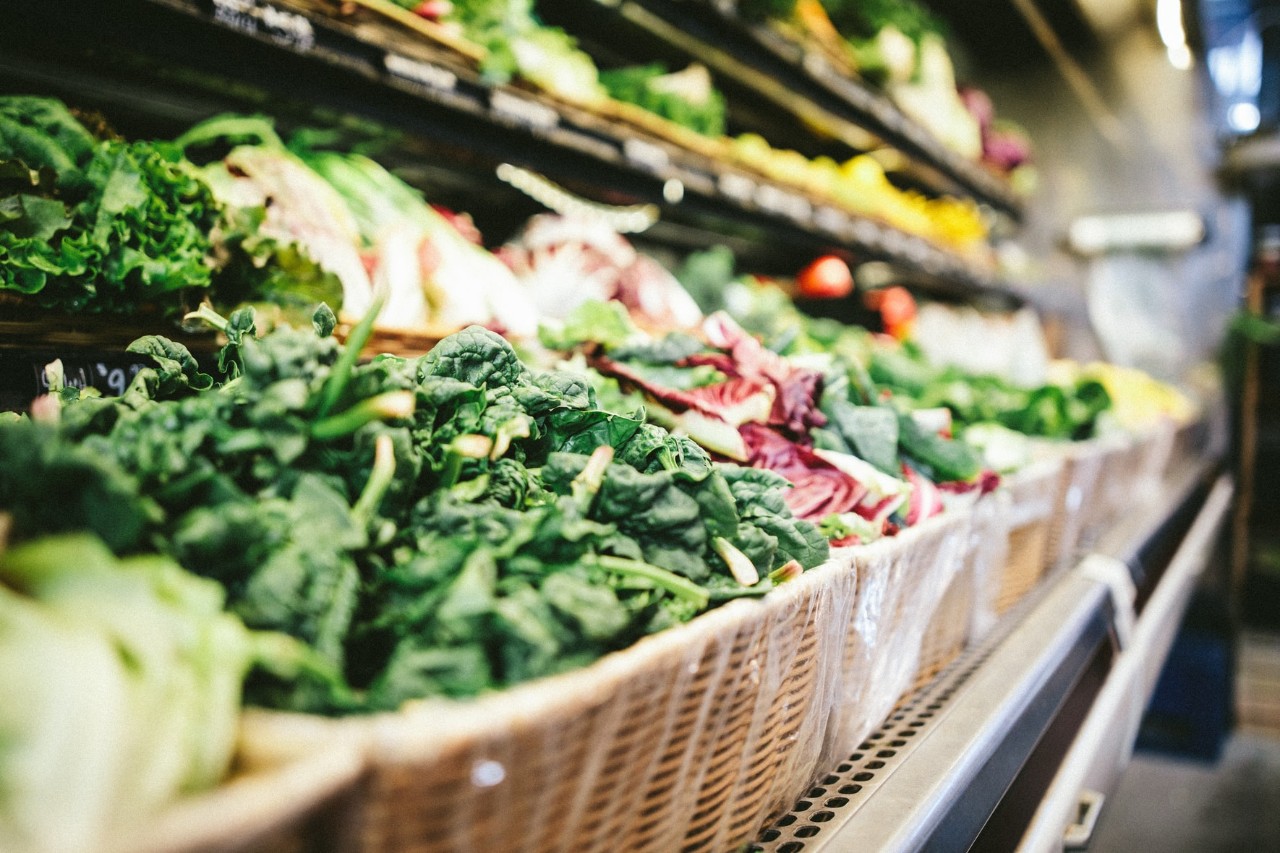Approaching climate resilient food systems through product innovation
June 16, 2022

Planting new or adjusted types of resilient crops would theoretically enhance livelihood of small farmers by enhancing crop yield and quality. Unsplash
Egypt’s low-lying Nile Delta is one of the areas in the world most vulnerable to climate change and rising sea levels. And this vulnerability is most severe for farming communities in the Delta, ultimately putting the country’s entire agricultural sector at risk.
In a nation with a population of over 100 million that already imports sixty percent of its food, any significant decline in agricultural output poses a major threat to food security.
Adapting the agricultural sector to climate change is thus an especially high priority in Egypt, and UNDP has been working closely with the government, experts and farmers to achieve this adaptation.
Building on the adjacent possible
One step towards accelerating learning and impact is to tap on the “known-unknown”; solutions emerging from a near future that can help us re-invent the present, which is also called the adjacent possible.
Part of UNDP Egypt efforts in climate resilience in collaboration with local partners, includes the provision of training for farmers in how to replace current vulnerable crops with crops that are more resilient to effects of climate change such as increased soil salinity due to rising sea levels.
Planting new or adjusted types of resilient crops would theoretically enhance livelihood of small farmers by enhancing crop yield and quality. However, this new playing field to the Delta community can only be appealing to farmers, if there is a significant opportunity in market demand for these products.
An agri-food transformation cannot happen solely at the farm. It requires a system wide change, which provokes the food value chain to be more resilient. For the accelerator lab, this presented itself as an adjacent possible to experiment with and learn more about.
So how can we create market demand for climate resilient crops?
Business practices play a key role in shaping market dynamics and would directly influence the market participation of climate resilient crops. The hypothesis is:
If we managed to find an appetite for climate resilient crop in food supply chain, then this could open a market opportunity at scale for resilient products, and eventually present not only environmental but economic justification of crop replacement.
We decided to learn how demand could be increased for quinoa as a climate-friendly crop that has been growing in popularity on account of its many health benefits.
In order to test market readiness, we partnered with the private sector. We worked with Savola food Egypt, as a partner who locally invests in product differentiation and innovation, regionally commits to sustainability, and one that has high trade products in their commercial portfolio.
In less than two months, we were able to see an initial R&D pilot that Savola developed as its first trial of Quinoa-integrated pasta. One that requires a journey of improvement, research, and development, but marks as a first sign of appetite.
What did we learn from the process?
1. A clear finding from our research is that risks and costs are set to rise for food and for the agricultural sector as a whole, making it imperative for business to adopt sustainable practices.
In this sense the needs and concerns of business can potentially drive positive socio-environmental outcomes while responding to consumer trends and business risks.
2. Partnerships are key. The private sector cannot bring about such transformation by itself. One way of supporting an increase in demand would be to establish a new regulatory environment.
At present, getting a new and more sustainable food product formula to market would entail a long process of authorization incommensurate with the urgency of climate change. A more agile regulatory system could thus be a major accelerator of innovation for sustainability.
Food policies and regulations must also start adopting a more flexible framework to support food systems to adapt and evolve.
3. Approaching sustainability practices in product differentiation is internally a multi-stakeholder conversation. It speaks to innovation, operations, commercial opportunity/conflict etc. Hence, it cannot be played as an ad-hoc R&D stunt or a CSR project but a potential addition to corporate strategy.
Aligned with the core business, moving ownership of climate resilience to the private sector would push a bold new ambition of systemizing sustainability action within the food sector.
That’s why we are continuing collaboration with Savola food Egypt supporting the organization in initiating a sustainability strategy around a climate-resilient supply chain, emanating from the organization’s commitment to sustainability. This is intended to integrate sustainable practices that takes into consideration business risks and opportunities, engage relevant stakeholders and key partners that are critical to bring about change.
With Savola food Egypt as our new partner, we hope to inspire other key players in the ecosystem to join climate adaptation action to support the livelihoods of millions of people engaged in agriculture and the food system and to put the agenda 2030 at the very heart of all processes.

 Locations
Locations